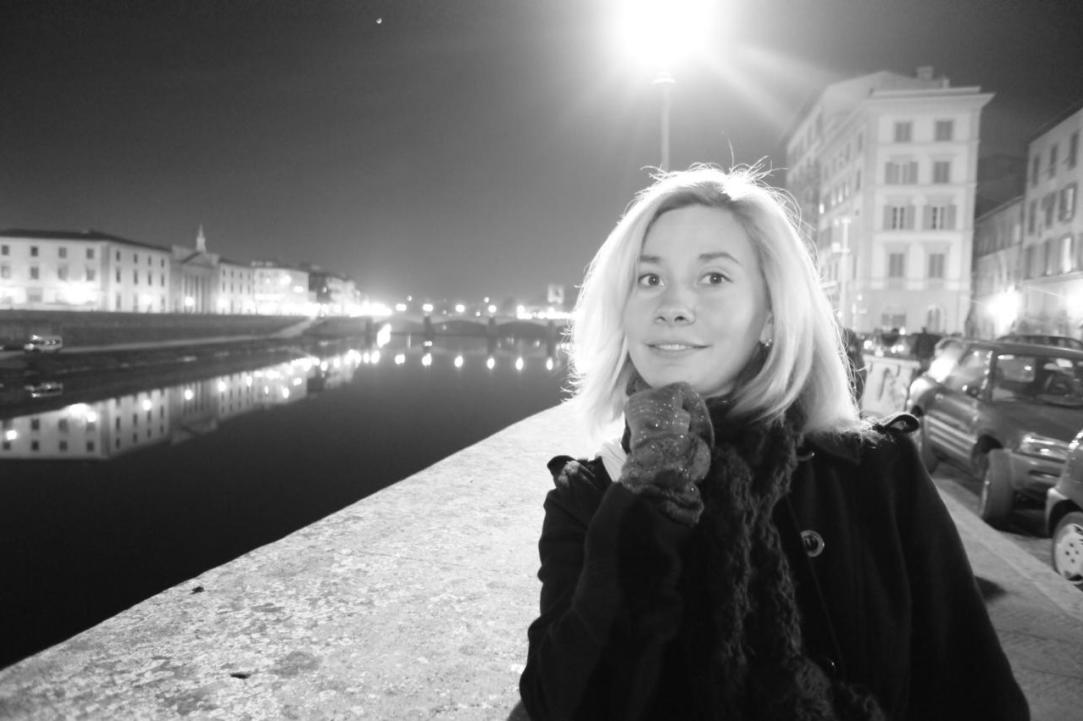HSE Faculty Members' Life Rules: Margarita Zavadskaya
"HSE Faculty Members' Life Rules" is back. Today we talk with Margarita Zavadskaya, who will tell us, why she became a researcher, why Dostoevsky's works are not for everyone's taste, and how technical skills can be useful in political science.

How did you become a political scientist?
By chance. When I was at school, I faced the dilemma of where to study. My class majored in Physics and Mathematics, so I probably could go to somewhere related to engineering. At the same time, our school was a linguistic one with four languages, so I could also enroll in something related to foreign languages. For some reasons, studying the Humanities sounded also pretty cool for my classmates. For instance, historians were highly esteemed. There was no Political Science at school, so obviously I did not know what a discipline it was. In my hometown Perm historians and political scientists worked in one department. I attended [to the summer history courses at the university] and really liked it. I came home and said to my parents: “I can enroll into Economics, into Physics, into everything, so where should I go?” Suddenly my parents told me to try Political Science as well. And I liked this plan. I visited the first lecture in September, everything seemed really cool to me.
Have you regretted about this decision?
No. My dad once said: "I have no idea what you are doing, but, apparently, you are good at it." When I figured out that my technical skills can be applicable to political research, I was glad everything turned out this way. After all, Political Science is not a humanitarian discipline, but a social one.
Can you name three authors who influenced your scientific interests?
Three authors ... There are more than three. I'm afraid if you ask me in a couple of days, I will give you other names. I was impressed by the book “Imagined Communities” by Benedict Anderson. I liked the “Calculus of consent” by Gordon Tullock. It was my first acquaintance with the rational choice theory, when I was a second or a third year bachelor student. This book is translated into Russian. Tullock seemed shockingly logical to me. For a long time I wondered why others could not write in such a manner. And also I can mention “The Logic of Collective Action”by Mancur Olson. It is about the exploitation of large groups by small groups. I believe I even think in such categories in everyday life.
What fiction book impressed you the most? Or made you smile?
Great question. Once at the European University a professor said: “After our master’s, at some point you will stop reading fiction books because it will seem trivial.” And I have to admit, he was right in some way. After entering the European University, I literally stopped reading fiction books, mostly because of the lack of time. I rarely read some, for example, while traveling. But I cannot say that there was something that has changed my understanding of life completely. I like the works by Daniil Kharms, I think, everybody likes them. In my childhood I liked Chekhov’s short stories (not “The Cherry Orchard”). On the contrary, I cannot stand Dostoevsky, I do not like writers who teach me how to live.
What is your perfect way of leisure after a working day?
I really love to walk, for example, to drive somewhere, to observe new places. Sometimes I play the guitar with my friends, which is very relaxing.
Do you like cooking? If yes, what is your best dish?
I am not fond of cooking, neither am I good at it. If it is necessary - there were such episodes in my life, like holidays, I can take a recipe on the Internet, like how to make a cake without burning the kitchen.
Is the glass half empty or half full?
I am an optimist, so full, I guess. We must appreciate what we have.
What did you dream about 10 years ago and does it match with what you have now?
Indeed! I initially wanted to work in the academia, unlike many of my colleagues. When I was studying, it was fashionable to be a political consultant or a campaign manager, and many of us built such a career. In 2009 I quit working as an interpreter in an international corporation and realized I would never return to the corporate sector. I decided to do science.
What can you wish to our students?
I wish them to find some kind of balance between self-confidence and thoroughness. I admire the fact that current undergraduate students demand respect for themselves and know what they want. But at the same time, sometimes they lack knowledge and ability to listen to others. Not everything that is charismatic and looks like a trendy business coaching is worth going to. Sometimes you need a lot of efforts to get really useful things.
Interviewer: Maria Bespalova, BA in Political Science & World Politics
Translator: Ksenia Kolesova, BA in Political Science & World Politics

